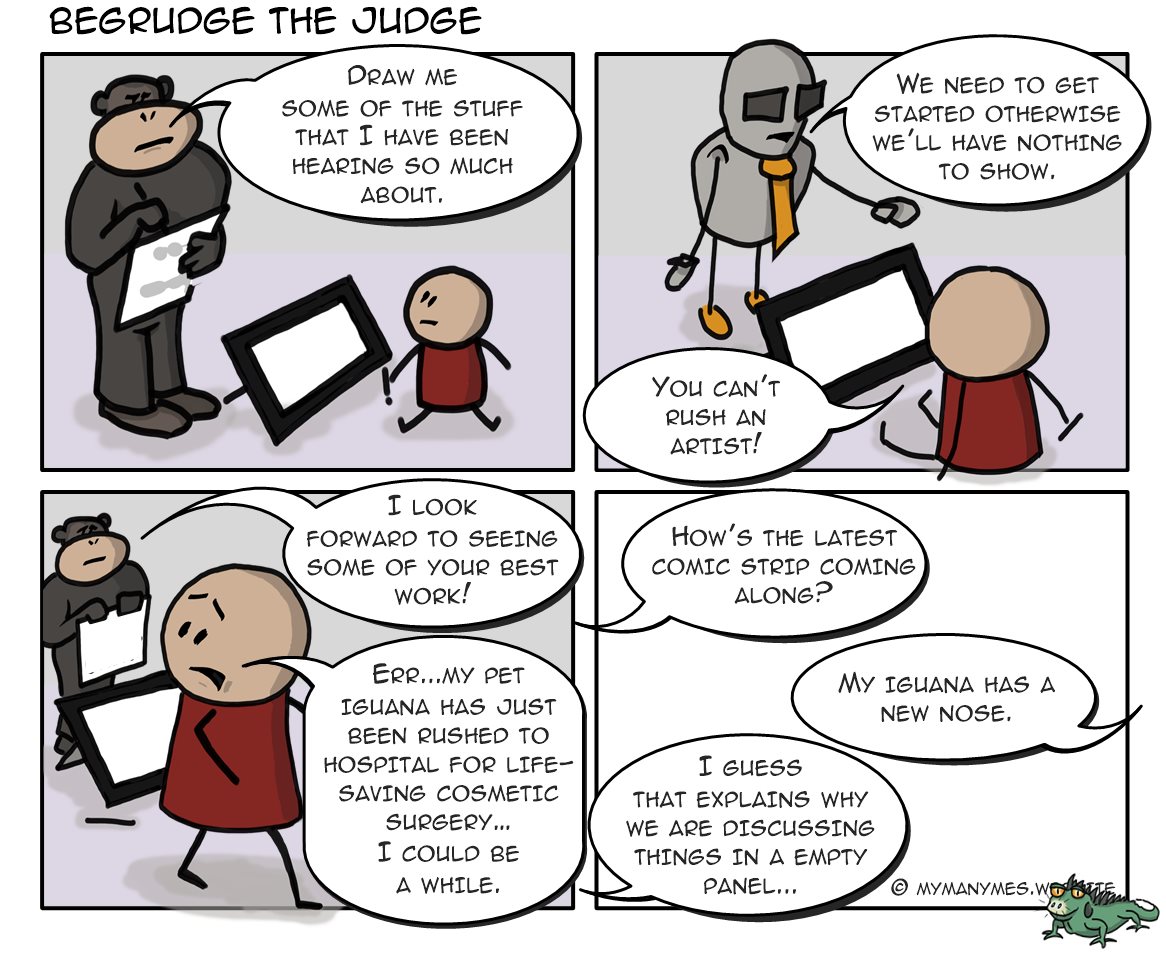The Failure Phobe

Sometimes people have high expectations. What if I try my best and rise to the challenge but ultimately fail? It will be a long way to fall. Better to play safe and not climb so high.
Most of us naturally want to avoid mental or physical discomfort as much as possible. I certainly do. A few years ago, I did my back in so bad that I was physically sick. I would have given/said/done anything to be rid of it but fortunately it only lasted a few hours. If that was torture, I now know that you don't want to keep any national secrets with me. Please don't send me any, I don't want to run even the slightest risk of going through that again.
Steer Your Fear
If you are worried about failure, subconsciously you will create defence mechanisms. This typically involves delaying the outcome, reducing its effect and/or its likelihood. This behaviour may have a negative or positive effect on the situation.
Delaying the outcome is fairly simple and understandable. If you are worried about whether something will be accepted, and prefer not knowing to knowing, then it makes "sense" not to complete the task. This is rarely productive.
You may look to reduce the pain of failure by finding an external excuse. This external factor could be, for example, not having sufficient time to do the job properly. We could replace the "fear of failure" with the "fear of an unwanted outcome" and in certain circumstances this outcome could even be success e.g. a promotion that leads to longer working hours, higher expectation etc. So again the task is being sabotaged by limiting the effort but for a different reason.
However in most cases, fear coping strategies have a positive effect and here are a few tips:
- You can reduce the perceived pain of the outcome by asking yourself what is the worst that can happen. On review, the situation may not be as bad as it first seemed.
- You can talk over your fears with someone else who can help provide a more objective assessment.
- Try lowering the chance of disappointment by lowering expectations so that you are confident you can achieve them and hopefully exceed them
- Plan for several attempts. Treat the first attempts as learning exercises.
Use the Chart of Procrastination as a handy reference guide to other types of procrastination.
* an asterisk at the end of a link means that if you click this link you will be taken to another site.
